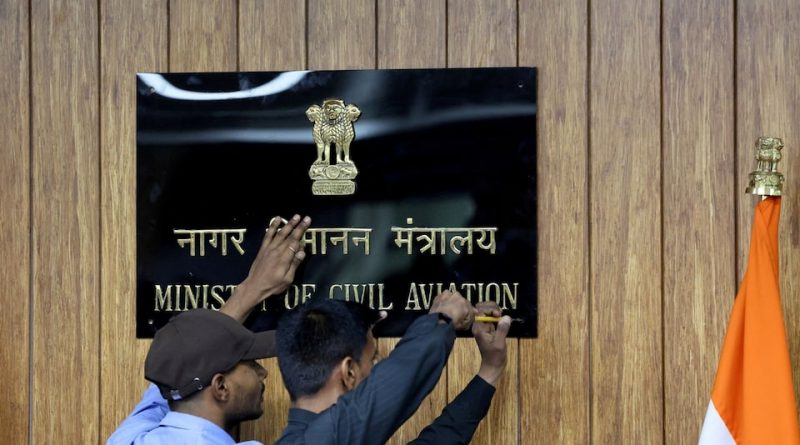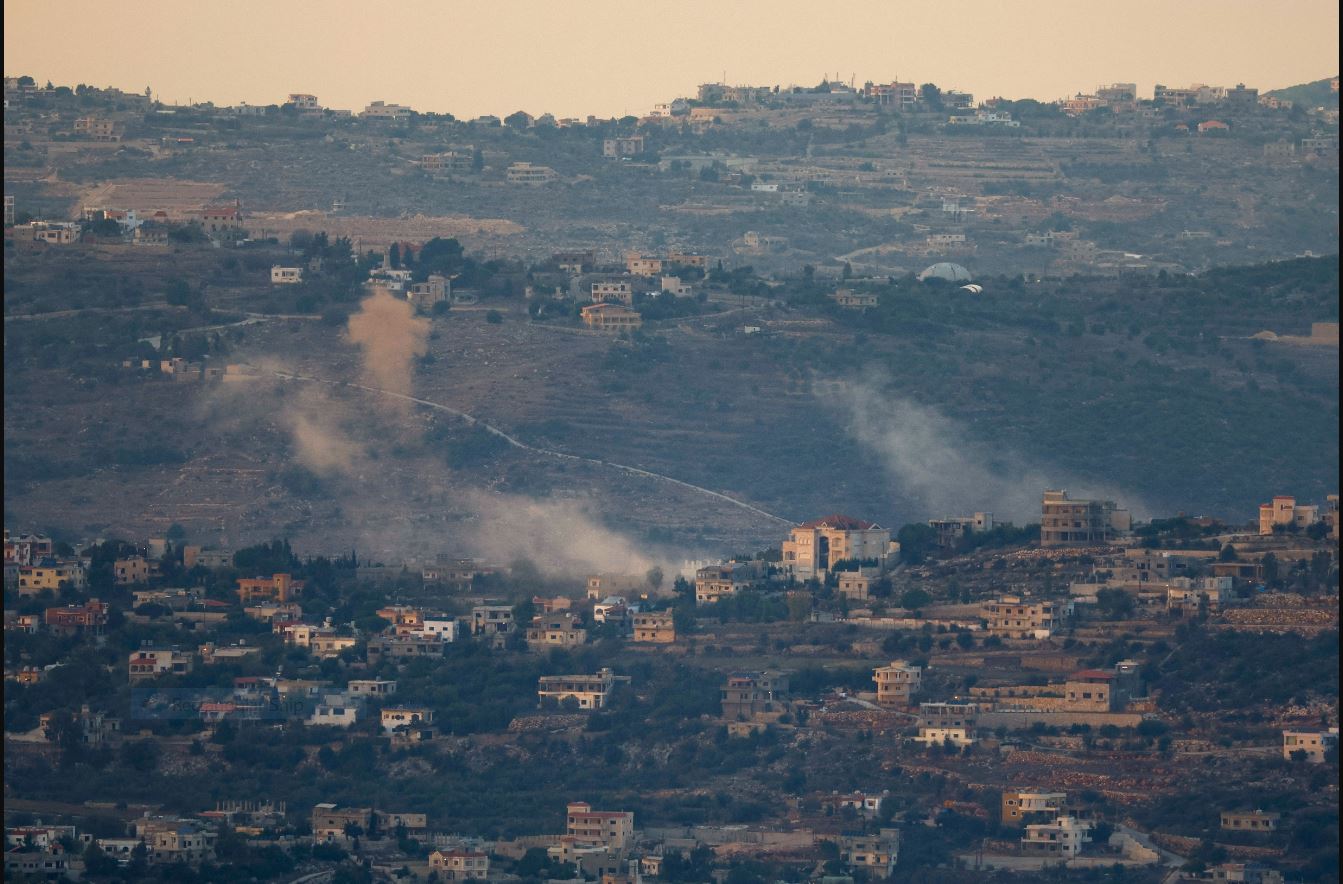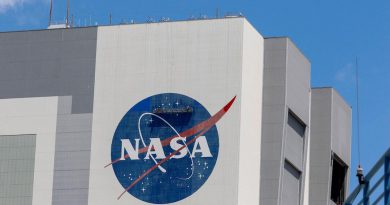DGCA Enhances Aviation Safety Standards with Proactive Checks on Air India’s Boeing 787 Fleet
New Delhi – India’s aviation regulator, the Directorate General of Civil Aviation (DGCA), has taken a proactive and safety-first approach by directing Air India to conduct inspections of the emergency power systems on certain Boeing 787 Dreamliner aircraft.
The move comes as part of the regulator’s continued efforts to strengthen aviation safety protocols and ensure the highest operational standards for Indian carriers.
The directive follows an isolated incident earlier this month, when a Ram Air Turbine (RAT) — an emergency power-generating system designed to deploy automatically during power loss — was unexpectedly activated during a routine flight from Amritsar to Birmingham.
The aircraft landed safely in the United Kingdom without any issues, and no abnormalities were reported by the flight crew. The aircraft later resumed commercial operations after undergoing a thorough technical check, reinforcing the efficiency of Air India’s maintenance and safety procedures.
In a statement, the DGCA emphasized that the decision to conduct inspections was precautionary and aimed at ensuring that all safety systems continue to perform optimally.
The regulator also requested a comprehensive report from Boeing, asking for details on similar events involving 787 aircraft worldwide, along with preventive measures to avoid recurrence.
This collaboration between the DGCA, Air India, and Boeing underscores the industry’s strong focus on transparency, accountability, and continuous improvement.
The DGCA’s proactive stance has been widely appreciated within the aviation sector, as it reflects India’s growing leadership in adopting international best practices in air safety management.
Aviation experts have noted that such initiatives not only enhance passenger confidence but also strengthen the country’s reputation for maintaining stringent oversight of its civil aviation operations.
The Aircraft Accident Investigation Bureau (AAIB) is also analyzing the October 4 event as part of routine safety assessments. Preliminary findings have shown no connection between this occurrence and previous unrelated incidents involving the Boeing 787 model.
The AAIB’s analysis is expected to further assist in refining safety mechanisms and provide valuable insights for future regulatory guidance.
Industry observers have praised Air India for its swift cooperation with the DGCA and its commitment to maintaining a culture of safety. The airline immediately carried out internal checks and has been working closely with technical experts from Boeing to ensure all aircraft systems are fully operational and compliant with safety standards.
Air India’s prompt response demonstrates its strong adherence to global aviation safety norms and its dedication to safeguarding passengers and crew alike.
This development comes at a time when India’s aviation sector is expanding rapidly, with record passenger growth and an increasing number of international routes.
The DGCA’s actions signal that safety continues to be the top priority, even as the industry scales up. By taking preventive measures before any major concern arises, the regulator ensures that India’s aviation ecosystem remains one of the safest and most reliable in the world.
Aviation Minister Ram Mohan Naidu has consistently emphasized the government’s commitment to safety and modernization across all aspects of the civil aviation sector.
The ministry’s close coordination with industry stakeholders — including airlines, manufacturers, and pilot associations — reflects a collective effort to maintain operational excellence.
The Federation of Indian Pilots’ engagement with the ministry also highlights the collaborative nature of India’s aviation environment, where feedback and technical input are welcomed as part of continuous improvement.
Rather than reacting to crises, regulators and industry leaders are focusing on prevention, innovation, and building robust systems that support sustainable growth.
As the DGCA continues its inspection and Boeing prepares its detailed report, experts believe the findings will contribute to enhanced global safety standards for the Dreamliner fleet.
India’s approach demonstrates how proactive governance and industry cooperation can ensure that aviation remains both safe and resilient in a rapidly evolving environment.
By prioritizing transparency, technical rigor, and collaboration, India once again reaffirms its position as a global leader in aviation safety — setting an example for other nations to follow.



